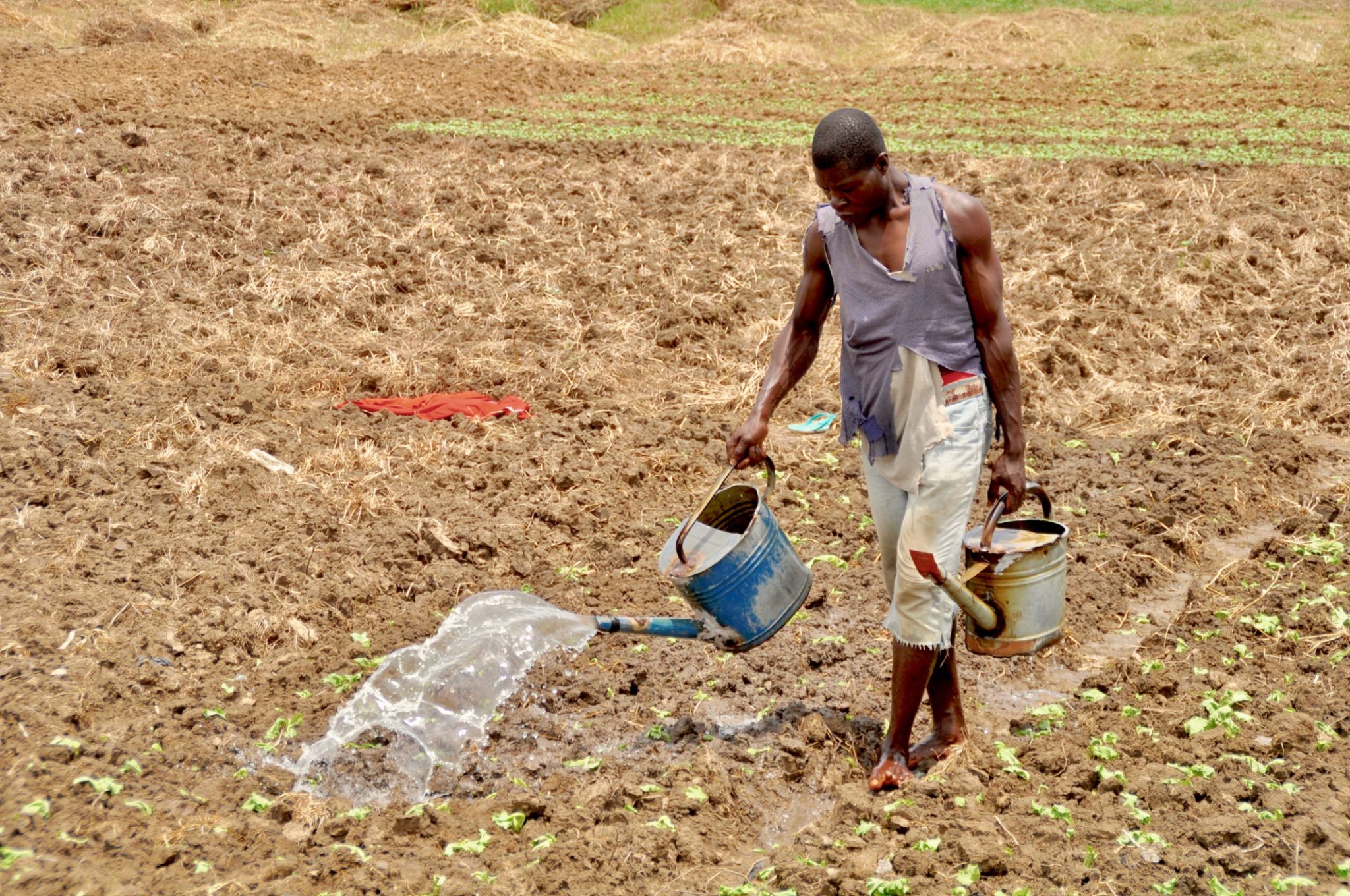The Impact of Climate on Agriculture in Ghana: Strategies for Success
Understanding the Climate Challenges in Ghanaian Agriculture
Ghana's agricultural sector is the backbone of its economy, employing over half of the nation's workforce. However, this critical sector faces increasing challenges due to climate change. Unpredictable weather patterns, prolonged droughts, and intense flooding are some of the climate-related issues that affect crop yields and livestock production. Understanding these challenges is crucial for developing effective strategies to mitigate their impact.

The erratic rainfall patterns have led to an increased incidence of crop failures, affecting staple crops such as maize, yam, and cassava. This unpredictability demands a shift in traditional farming practices and calls for innovative solutions to secure food production and livelihoods.
Adopting Climate-Smart Agricultural Practices
To combat these challenges, Ghanaian farmers are increasingly adopting climate-smart agricultural practices. These practices aim to increase productivity sustainably while reducing greenhouse gas emissions. Key strategies include:
- Conservation agriculture: This involves minimal soil disturbance, maintaining a permanent soil cover, and crop rotation to enhance soil health.
- Agroforestry: Integrating trees into farming systems helps improve biodiversity and soil fertility.
- Improved water management: Techniques such as rainwater harvesting and drip irrigation optimize water use.

Role of Technology in Enhancing Agricultural Resilience
Technology plays a pivotal role in enhancing the resilience of Ghana's agriculture to climate change. The use of mobile technology to disseminate weather forecasts and provide market information helps farmers make informed decisions. Moreover, precision agriculture tools like remote sensing and drones are being used to monitor crop health and optimize inputs.
The integration of technology facilitates better planning and resource management, allowing farmers to anticipate adverse conditions and adjust their practices accordingly. This not only increases productivity but also ensures long-term sustainability.
Government Initiatives and Policy Support
The Ghanaian government has recognized the importance of adapting to climate change in agriculture and has implemented several policies to support farmers. Initiatives such as the Planting for Food and Jobs program aim to boost agricultural productivity through subsidies for seeds and fertilizers, extension services, and marketing assistance.

These government efforts are complemented by international collaborations and funding aimed at enhancing research and development in climate-resilient crops. By aligning national policies with global climate goals, Ghana is paving the way for a more resilient agricultural sector.
Community Engagement and Education
Community engagement and education are crucial for the successful implementation of climate adaptation strategies. Local communities need to be involved in decision-making processes, ensuring that solutions are culturally appropriate and widely accepted. Educational programs that focus on sustainable farming techniques and environmental stewardship empower farmers with the knowledge needed to thrive in changing conditions.
By fostering a culture of continuous learning and adaptation, Ghana can ensure that its agricultural sector remains robust in the face of climate challenges. This approach not only secures food production but also enhances the livelihoods of millions who depend on agriculture.
